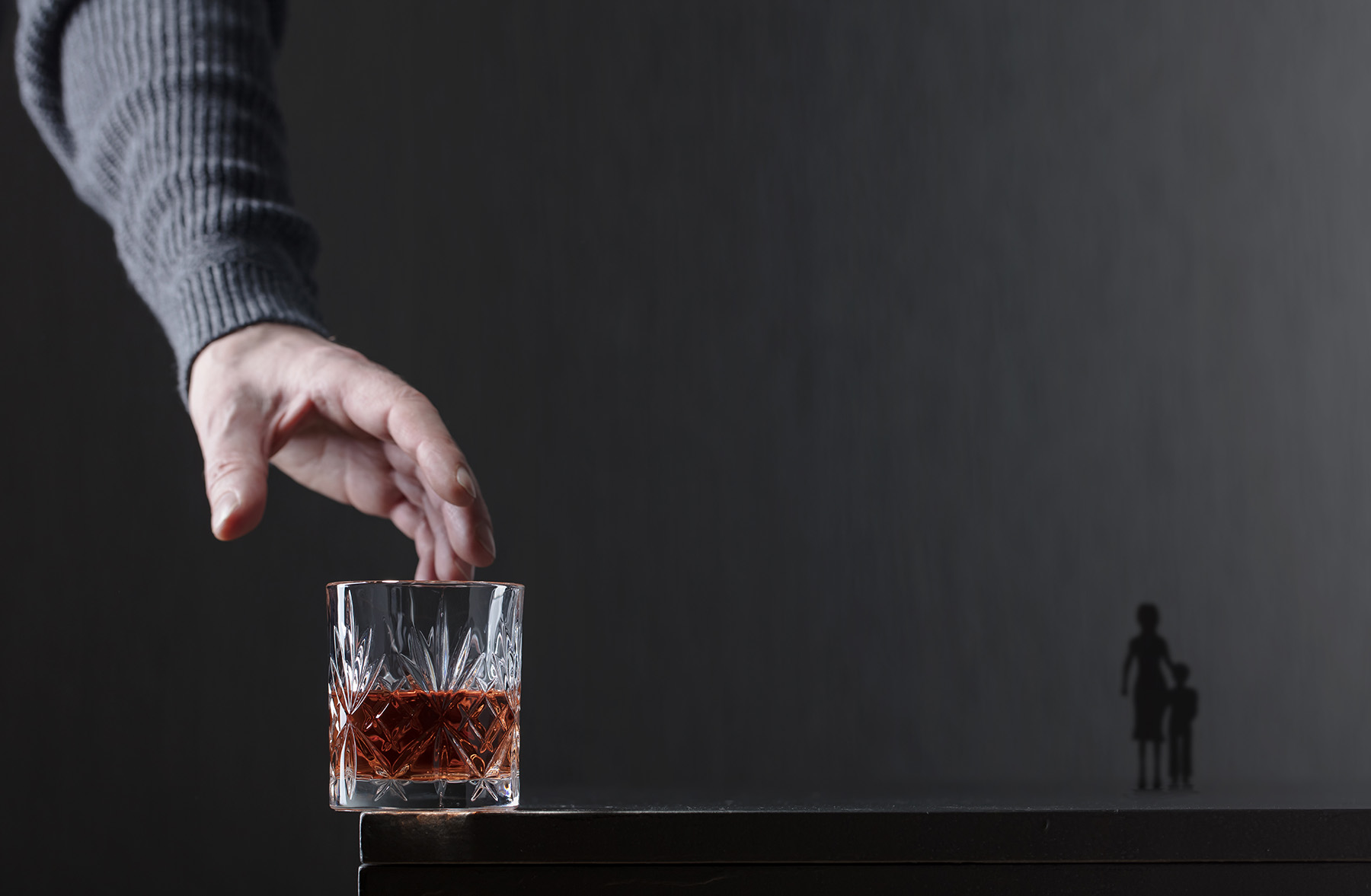How Addiction Impacts Family: Survival Tips

Caring about an addict isn’t easy. It can take over your whole life. Addiction is a medical disease that affects the entire family. If you love an addict who is currently using, there is a way out of the darkness. It starts with understanding that:
- You can’t fix it.
Whether it’s pills, cocaine or alcohol, addiction is a lifelong illness. Alcoholism was first recognized by the American Medical Association as a disease in the mid-1950s, as was addiction in 1987. “Addiction is a brain disorder,” says Heidi Allespach, Ph.D., a clinical psychologist in family medicine, internal medicine, and surgery at the University of Miami Health System.
The brain is an organ, just like any other organ in the body. Dysfunction in the neuroanatomy and/or neurochemistry of the brain creates characteristic symptoms: depression, anxiety, schizophrenia, substance use disorders, et cetera. Psychiatric disorders are, in fact, medical disorders which, like other chronic illnesses, require a multidimensional approach to treatment.” - You’re suffering, too.
That may be difficult to hear but it’s true. “In a family where there is addiction, it is well-known that the family often gets sicker than the actual addict,” says Dr. Allespach. “Loving someone with a substance use disorder is like being on an intensely emotional, unpredictable roller-coaster. Whenever I refer someone to Alcoholics or Narcotics Anonymous, I also always refer their partner to Al-Anon or Nar-Anon because they need help too.”
If the family doesn’t get help, she says, they can unknowingly sabotage the addict’s recovery. For example, the father may have gone through treatment and now feels better, while the rest of the family is still angry and resentful about all the years he drank. “They may feel abandoned again, just as they did when Dad was emotionally unavailable due to being intoxicated, because he is now attending meetings every day,” she says. “The family may start grumbling about how he is never home and so, out of tremendous guilt stemming from his past drinking and bad behavior, Dad stops going to meetings and, consequently, his risk of relapse then increases dramatically.” - You’re not alone.
There are many shared traits and experiences among people who love addicts. For instance, many of them grew up in a home where one or both of their parents were addicts. Sharing common stories with people who can relate helps with feelings of isolation and shame. The “old-timers” — or those who have been in the program a long time — are a source of advice on creating boundaries and coping skills. The meetings and reading materials are also a great way to learn about addiction.
“One of the most common themes I have seen in families of individuals with a substance use disorder is their tendency to feel isolated and “unique,” says Dr. Allespach.
“They often perceive that no one else feels the way they do. But, once they start attending Al-Anon/Ala-Teen (or Nar-Anon or Adult Children of Alcoholics), they begin to experience this huge sense of relief and validation because they realize that they are, in reality, not alone in their struggle after all.” - You may be codependent.
This may be surprising. A common misconception about codependence is that it means you have to have someone with you all the time; that you were dependent on others. There are many additional characteristics, such as people-pleasing, never feeling like you have “done enough,” being hyper-aware of other’s needs, taking responsibility for other people’s feelings, feeling resentful when someone does not appreciate your efforts and being reluctant to appear emotionally vulnerable. - It’s not hopeless.
That is, as long as you don’t put all your hope in the actions of your partner. The power to be happy is within you — and it is not dependent on whether or not your partner keeps using.
It is of utmost importance to think of the children, says Dr. Allespach.
“Experts in the field of addiction propose that children who are raised in families where one or more parent has a SUD tend to learn three unspoken rules: Don’t Talk, Don’t Trust, Don’t Feel. Given this, it is critical to get kids involved with Ala-Teen, and also consider looking into traditional therapy, in order to provide children with a safe, consistent and predictable space where they have permission to talk openly about their feelings and learn how to trust others.”
“It’s also equally important to help kids recognize that recovery is possible, and that they are not destined to follow the same path as their parent(s). One of the ‘Promises’ in AA/Al-Anon is: ‘We will not regret the past nor wish to shut the door on it … we will comprehend the word serenity and we will know peace…’ By gaining insight and strong support through the 12 Step programs and other resources, children can become empowered to make different choices than their parents and learn to use their difficult past experiences to grow and help others.”
Natasha Bright is a contributing writer for the UMiami Health News Blog. Her writing has also been featured on the Huffington Post and Scary Mommy websites.
Tags: addiction, behavioral medicine, Dr. Heidi Allespach, mental health, substance use disorder
